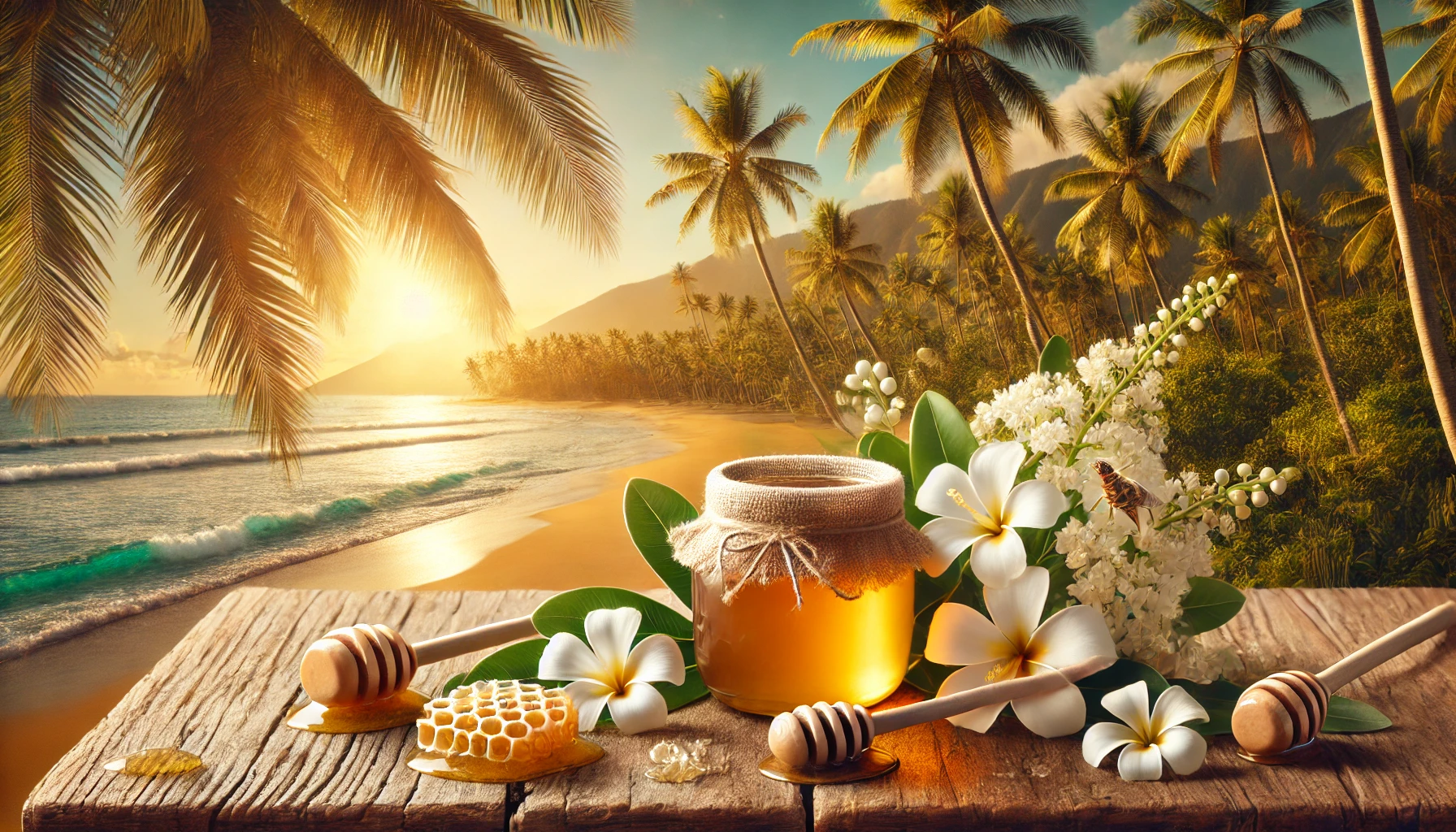In recent years, sustainable beekeeping in Hawaii has gained significant attention from environmentalists, farmers, and consumers alike. This tropical paradise, known for its lush landscapes and unique biodiversity, has become a hub for innovative beekeeping practices that prioritize both the health of honeybees and the environment. This article explores the essence of sustainable beekeeping in Hawaii, highlighting its benefits, challenges, and pathways to support these vital pollinators.
The Importance of Sustainable Beekeeping in Hawaii
Bees play a crucial role in pollinating a wide array of plants, which is essential for maintaining the island's ecosystem. Sustainable beekeeping ensures that bees can thrive without causing harm to their natural surroundings. Here are some reasons why sustainable practices are essential:
- Preservation of Biodiversity: Honeybees contribute to the pollination of native Hawaiian plants, which is crucial for maintaining the island's unique flora and fauna.
- Support for Local Agriculture: Beekeeping supports the production of local crops, including coffee, macadamia nuts, and tropical fruits, vital for Hawaii's economy.
- Environmental Balance: By using sustainable methods, beekeepers help maintain natural ecological balances and reduce the impact of harmful pesticides and chemicals.
Challenges Facing Beekeeping in Hawaii
Despite its benefits, sustainable beekeeping in Hawaii faces numerous challenges. Understanding these hurdles is the first step toward overcoming them:
- Varroa Mites: These parasites can devastate bee colonies if not managed properly. Sustainable practices require integrated pest management techniques that minimize chemical use.
- Climate Change: Rising temperatures and changing weather patterns affect flowering cycles and bee behavior, posing risks to their survival.
- Loss of Habitat: Urban development and agriculture can lead to habitat loss, making it essential to advocate for and implement land management practices that protect bee habitats.
Sustainable Beekeeping Practices in Hawaii
Adopting sustainable beekeeping practices is key to ensuring the health and longevity of honeybee populations. Here are some effective strategies adopted by Hawaiian beekeepers:
- Use of Organic Methods: Avoiding synthetic chemicals and opting for organic alternatives help protect bees and their environment.
- Habitat Restoration: Planting native flora and creating bee-friendly landscapes can provide bees with essential forage and nesting sites.
- Integrated Pest Management (IPM): This approach focuses on using biological controls and minimal chemical intervention to manage pests like Varroa mites.
- Community Education: Educating local communities about the importance of bees and how they can support them fosters a culture of conservation.
Success Stories: Hawaiian Beekeeping Initiatives
Hawaii is home to several successful beekeeping initiatives that serve as models for sustainable practices:
- Big Island Beekeepers Association: This group promotes sustainable beekeeping through education, research, and advocacy, helping to protect local bee populations.
- Haleakala Apiaries: Known for their organic honey, this company demonstrates how sustainable practices can lead to economic success while preserving the environment.
How You Can Support Sustainable Beekeeping in Hawaii
Supporting sustainable beekeeping is not limited to professionals; there are numerous ways individuals can contribute:
- Purchase Local Honey: By buying honey from local, sustainable sources, you support beekeepers who prioritize ecological health.
- Plant Bee-Friendly Gardens: Incorporate native plants that provide nectar and pollen, creating a hospitable environment for bees.
- Advocate for Policy Change: Support legislation that favors sustainable agricultural practices and conservation efforts.
- Participate in Educational Programs: Engage with local beekeeping workshops and spread awareness about the importance of honeybees.
The Future of Sustainable Beekeeping in Hawaii
The future of sustainable beekeeping in Hawaii looks promising, thanks to increased awareness and commitment from both individuals and organizations. However, continued efforts are necessary to address ongoing challenges. By fostering cooperative partnerships among beekeepers, government agencies, and the community, Hawaii can pave the way for a more sustainable future.
Conclusion: Join the Buzz for a Greener Tomorrow
Sustainable beekeeping in Hawaii is not just a niche interest; it's a vital component of environmental conservation and biodiversity preservation. As we continue to face global ecological challenges, supporting and implementing sustainable practices becomes increasingly crucial.
Take action today by informing yourself about the importance of bees, purchasing local honey, and advocating for environmental policies that protect these invaluable pollinators. Together, we can ensure that Hawaii remains a thriving haven for both bees and the people who rely on them.
By embracing sustainable beekeeping, we can protect Hawaii's natural beauty and ensure a flourishing ecosystem for generations to come. Join the movement and become a part of the solution today.
